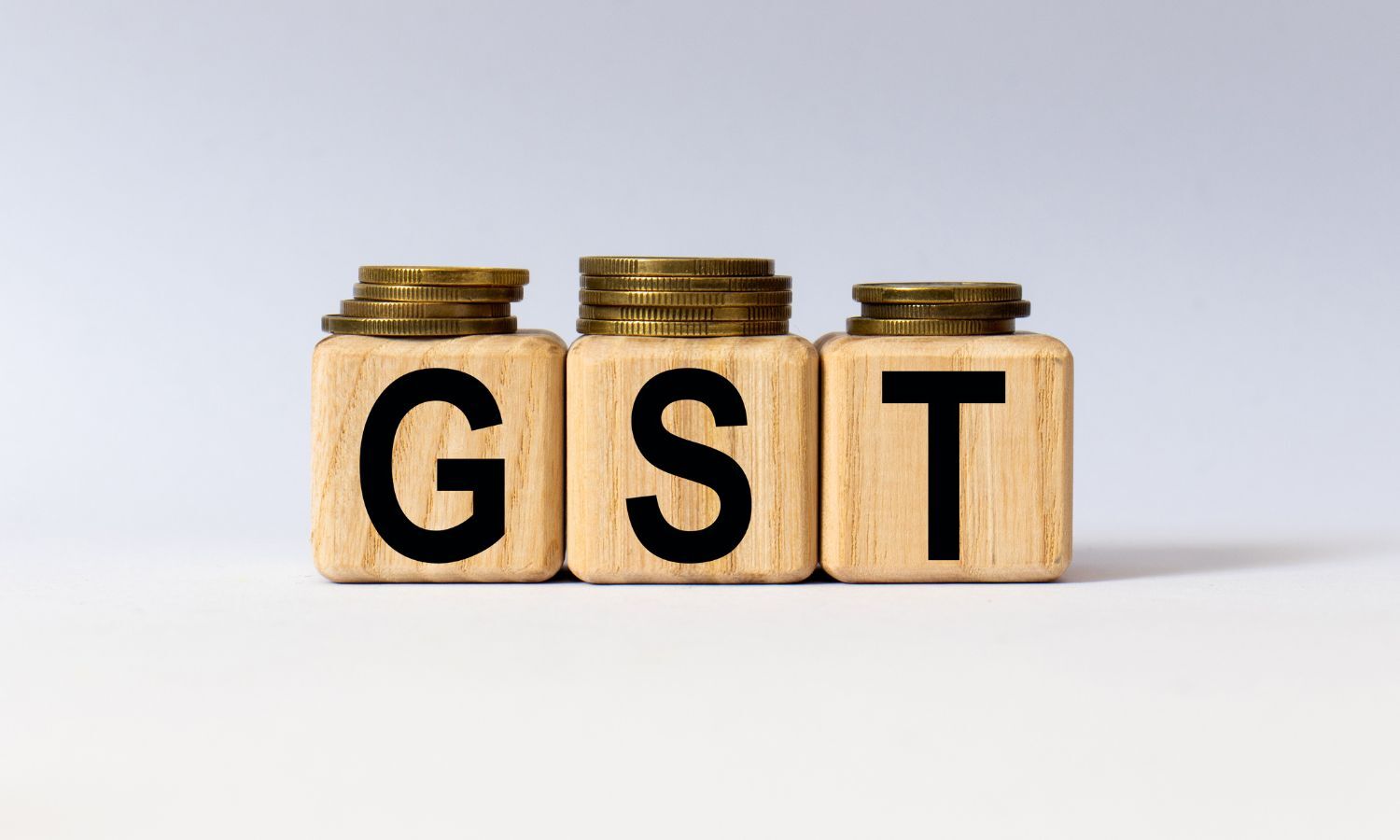
GST ‘e-invoice’ finally here; faster returns, saving time and effort, other benefits for businesses
To ease the process of invoicing, the GST council is set to start the facility of electronic invoicing from 1 January 2020. E-invoicing will be introduced in a phased manner for reporting of business to business (B2B) invoices to the GST System. The government has said that the key objective of the move is to eliminate the need for fresh data entry thus increasing machine readability and uniform interpretation. This step will also help software to read e-invoices generated by any other software, which is important for reporting the details to the GST System as part of the return.
In the new system, all the suppliers will have to upload the JSON file from the respective accounting software or automated tools in the GST portal after which a unique code along with a QR code will be generated for the invoices. The supplier will then sign the invoices digitally in the GST portal and the invoice will be sent to the receiver as per the mail id mentioned in the invoice.
Also Read: Sabka Vishwas Scheme gaining traction; over Rs.5,000 cr dues declared so far
“E-invoicing would force tax filers to push transactional level details on the GSTN portal for every B2B transaction so as to ensure seamless flow of legitimate tax credit only. This would suffocate spurious taxpayers out of the value chain and eventually government may pull back the revenue biased credit restriction imposed on recipient taxpayers,” Rajat Mohan, Senior Partner, AMRG & Associates, told Financial Express Online.
The tax credit would be matched digitally by the government portal itself without any need for manual intervention ensuring a balanced, reasonable and impartial credit mechanism, he added.
Meanwhile, in another step to bring ease to the taxpayers, Finance Minister Nirmala Sitharaman had unveiled the Sabka Vishwas (Legacy Dispute Resolution) Scheme, 2019 with the objective of settling pending disputes of Service Tax and Central Excise in the budget. The scheme has already seen a declaration of Rs 5,472 crore inclusive of the pre-deposit amount of Rs 4,225 crore in its mid-term review.
Source: Financial Express






